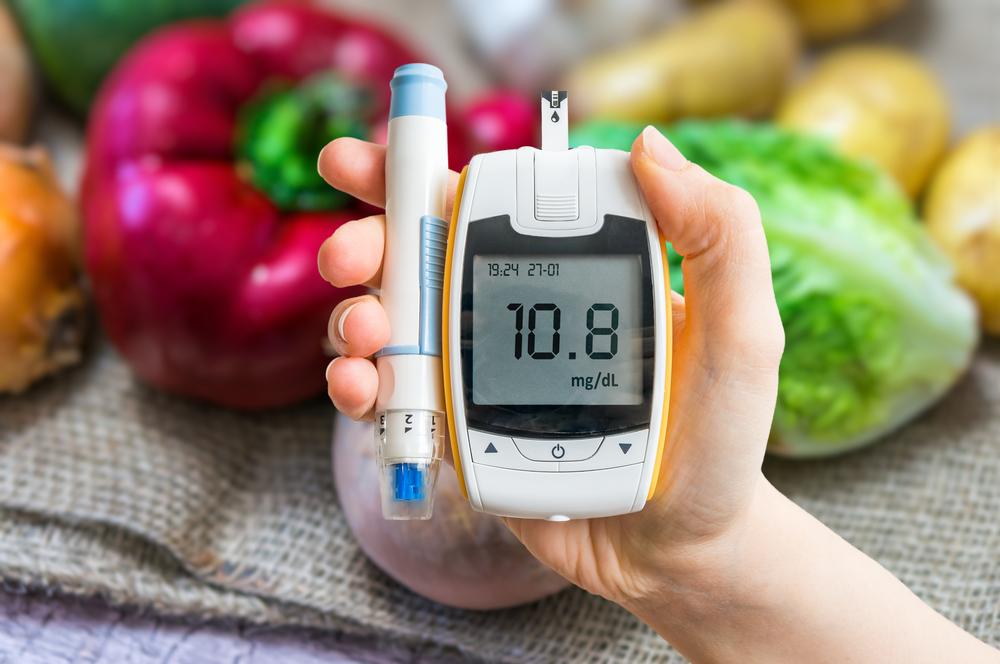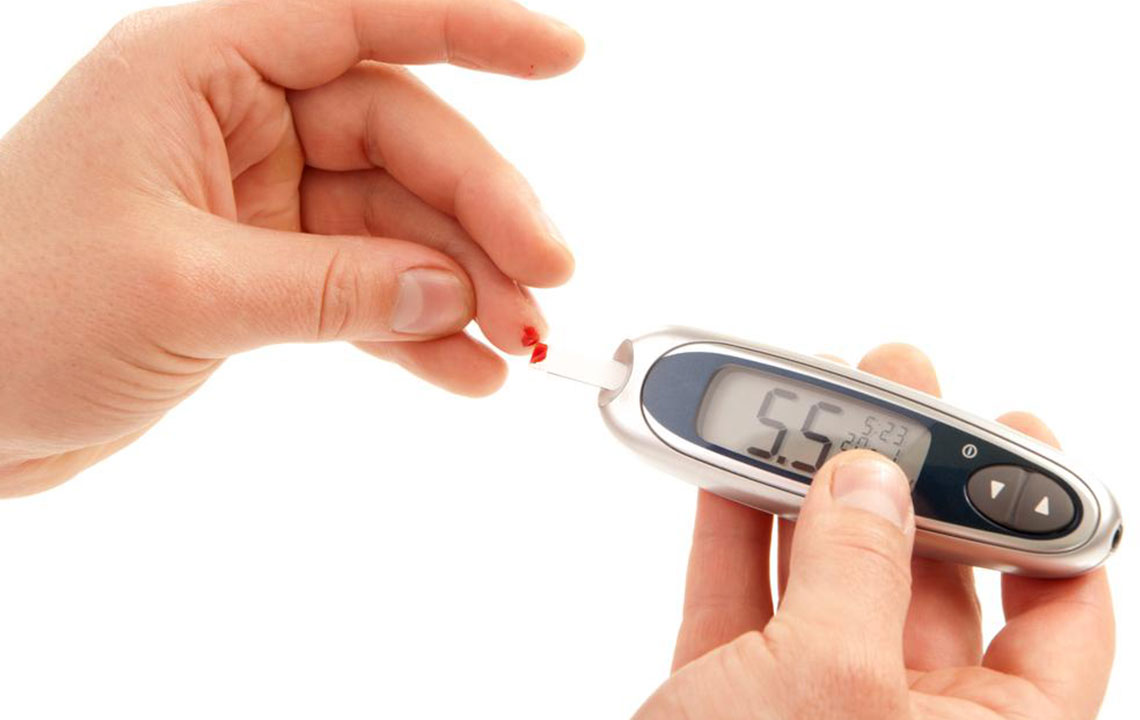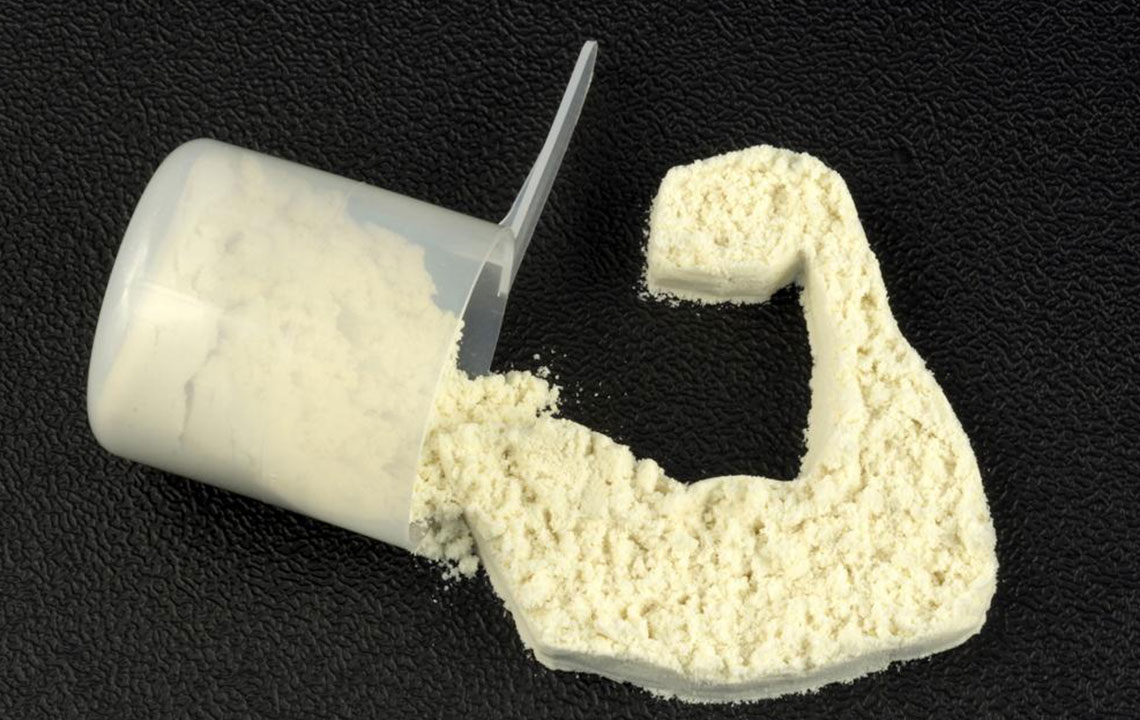Comprehensive Guide to Natural and Herbal Methods for Managing Type 2 Diabetes Effectively
This comprehensive guide explores natural and herbal methods for managing Type 2 diabetes. It covers dietary supplements, herbs like chromium, ginseng, bilberry, aloe vera, and cinnamon, along with alternative therapies such as acupuncture and yoga. Emphasizing the importance of medical consultation, the article highlights how these natural approaches can support blood sugar control and improve overall health. Ideal for anyone seeking holistic options within their diabetes management plan, it combines scientific insights with practical advice for safer integration.

In-Depth Exploration of Herbal and Natural Approaches to Controlling Type 2 Diabetes
Learn about natural remedies, dietary supplements, and alternative therapies that may support the management of Type 2 diabetes naturally and holistically.
Diabetes mellitus is a complex metabolic disorder characterized by persistently high blood sugar levels resulting from the body's inability to produce enough insulin or to effectively use the insulin produced. There are two main types: Type 1 and Type 2 diabetes. While Type 1 is primarily an autoimmune condition, Type 2 diabetes is more common and involves insulin resistance combined with inadequate insulin secretion. If left untreated, elevated blood glucose can lead to severe complications such as cardiovascular disease, nerve damage, kidney failure, and vision loss. Therefore, proper diagnosis and tailored treatment are essential, combining conventional medicine with lifestyle and dietary interventions.
While pharmaceutical treatments are often necessary for managing Type 2 diabetes effectively, many individuals are increasingly turning to natural and herbal remedies as complementary options. Several natural substances have shown promise in helping regulate blood sugar levels, improve insulin sensitivity, and reduce the risk of complications associated with chronic hyperglycemia. It is crucial, however, to consult with healthcare professionals before incorporating these remedies into your routine to avoid interactions and ensure safety.
Chromium
Chromium is an essential trace mineral that plays a critical role in carbohydrate metabolism. Scientific studies indicate that chromium supplementation can improve insulin efficiency and enhance glucose tolerance in individuals with Type 2 diabetes. Some research also suggests that chromium may help decrease certain cardiovascular risks linked to diabetes, making it a valuable adjunct in a holistic treatment plan.
American Ginseng
American ginseng has gained recognition for its potential to reduce blood sugar levels among diabetics. Research findings are mixed, but some clinical trials demonstrate that American ginseng can aid in stabilizing blood glucose. Its active compounds may improve insulin sensitivity, though further studies are needed to solidify these benefits and establish standardized dosing guidelines.
Bilberry
Rich in antioxidants called anthocyanosides, bilberries are thought to support vascular health by strengthening the blood vessels, improving circulation, and preventing vessel thickening—a common issue in diabetes-related vascular complications. Incorporating bilberry extracts or fresh berries might help mitigate some cardiovascular risks. Always seek medical advice before adding bilberry supplements, especially if you are on anticoagulants or other medications.
Aloe Vera
Several clinical studies suggest that aloe vera can contribute to lowering blood glucose levels. Known for its soothing and healing properties, aloe vera juice should be consumed appropriately and as directed. Its natural compounds may aid in reducing inflammation and improving metabolic functions, providing additional support for diabetics managing blood sugar.
Cinnamon
This widely used spice has been studied for its potential to improve insulin sensitivity and glucose metabolism. Some evidence points to cinnamon's ability to mimic insulin, thereby enhancing its action. Although promising, more clinical trials are necessary to confirm cinnamon's efficacy as a natural treatment option and identify optimal dosage levels for safe use.
Cayenne
Containing capsaicin, cayenne pepper has been traditionally used to manage pain, including neuropathic nerve pain related to diabetic nerve damage. Topical application might provide relief by reducing nerve inflammation and discomfort. Incorporating cayenne into the diet could also potentially support metabolic health due to its thermogenic properties.
Fenugreek
This culinary herb has demonstrated potential in improving blood sugar control and lipid profiles through various human studies. Fenugreek seeds are high in soluble fiber, which slows carbohydrate absorption and helps stabilize blood sugar levels. It may also have cholesterol-lowering effects, supporting overall metabolic health.
Magnesium
Many people with Type 2 diabetes tend to have magnesium deficiencies, which can impair insulin secretion and action. Supplementing magnesium may enhance insulin sensitivity, especially in older adults and those with known deficiencies. Ongoing research continues to explore magnesium’s broader benefits in improving glycemic control and reducing complications.
Beyond herbs and supplements, various alternative therapies such as acupuncture, yoga, guided imagery, and biofeedback can support comprehensive management of diabetes. These approaches may help reduce stress, improve overall well-being, and enhance metabolic health. Always consult healthcare professionals before starting any new therapy, as some natural remedies might interact with prescribed medications or underlying health conditions.





